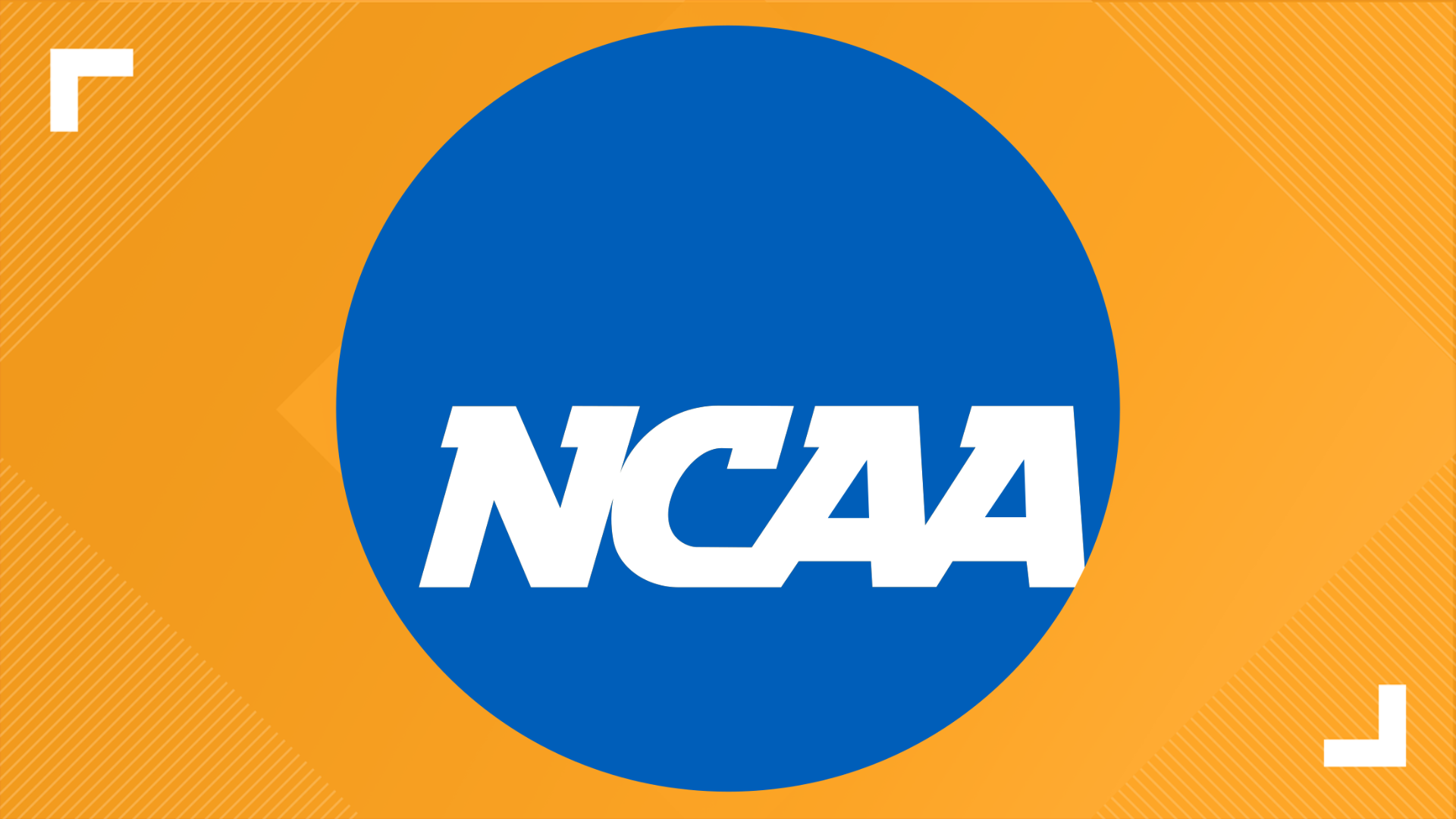SPOKANE, Wash. — There are a lot of questions circulating the college sports world about eligibility going into next season.
The NCAA decided to cancel winter and spring sports due to the coronavirus, leaving athletes with no seasons to compete in. It provides a very unique challenge for current fifth year athletes who are in spring sports.
"It's a very emotional decision and it's tied to finances as well," Gonzaga redshirt senior cross country runner Bennett Gagnon said. "What is the value of this extra year?"
Gagnon was supposed to compete in his fifth year for Gonzaga's cross country team this spring. Due to the NCAA's decision to cancel spring sports, as of now it might not be financially feasible to come back another season.
"To be able to wear the jersey another year, I need to be in school," he said. "To be in school, I need to pay money to be in school, but I planned to finish my school now, not in a year from now. So now I'd have to pay expenses for one more year."
The NCAA requires student-athletes to take a certain number of credits each semester. Spring sport redshirt seniors like Gagnon are in graduate programs and won't have anymore classes to take after this summer. They'd have to take up another graduate degree to return under current rules.
Gagnon is waiting to see if the NCAA will allow redshirt seniors to carry summer classes into the next fall and spring so he can compete again.
He said he would like to see the NCAA remedy this situation in a way that benefits the student-athletes. Gagnon said he only decided to do a fifth year because he wanted to race again at Gonzaga, even though long term it wasn't beneficial to him financially.
"I got a degree now instead oaf a degree later when I would have had a company help me reimburse me in those costs," he said. "I decided to do it now because I can compete as an athlete. But now I made that decision and I'm not allowed to compete."
Right now, there is a lot of uncertainty over what will happen.
The NCAA hasn't made a decision yet on what kind of eligibility relief it will give athletes, but according to a statement on March 13 they will.
"Details of eligibility relief will be decided at a later time and that a governing body will make decisions in the coming days and weeks," according to the statement.
Another big question is what will the NCAA do with scholarships?
Each school is allotted only a certain number of them. If those are all promised to incoming freshmen because these fifth year athletes and other seniors were supposed to go, will the NCAA change the rules on amount of scholarships a school can give out to still give returning athletes scholarships.
The NCAA has many questions to answer for fifth year student-athletes hoping they can get one more year to represent their schools.

